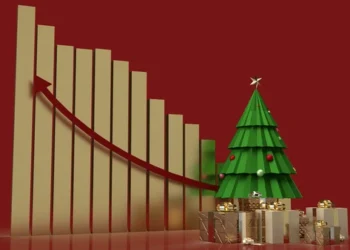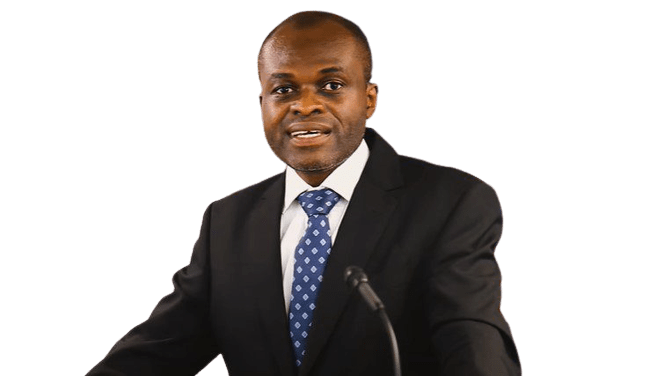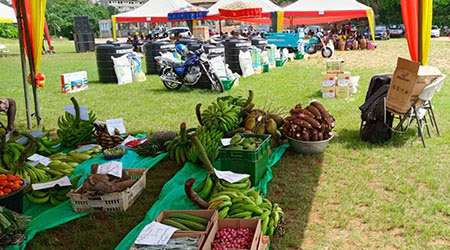The Securities and Exchange Commission (SEC) which has the responsibility of regulating the securities markets and protecting investors has disclosed its plans of establishing a special fund solely meant to protect investors against market failures.
This special project will be called the Investor Protection Fund (IPF). Meanwhile, SEC has already designed a concept paper to help develop the fund into a vibrant scheme to provide protection for investors on the capital market.
Highlighting the impact of the fund, the Director-General of the SEC, Rev. Daniel Ogbarmey-Tetteh, said the fund, when established, would also provide minimum protection for investors in the event of a default by a company.
Rev. Ogbarmey-Tetteh noted that the IPF would operate like the Ghana Deposit Protection Scheme (GDPS), which protects small depositors against losses incurred by depositors as a result of the occurrence of an insured event.
“The fund is at the infant stage, but the idea is that the industry needs a support scheme that is broader and can cover the entire securities industry with a minimum protection.
“So we have successfully developed the concept paper and we intend to engage a consultant to structure the fund; we will also raise some capital to provide some form of protection for depositors.”
Rev. Ogbarmey-Tetteh
Rev. Ogbarmey-Tetteh explained that the mechanics of the fund are currently being decided but the intention is to create a safety net that would provide minimum support for investors.
The announcement comes at a time when investor confidence is fast waning as a result of the implementation of the Domestic Debt Exchange Programme (DDEP) meant to restore macroeconomic stability, reduce the government’s interest payment on loans and ensure more fiscal space.
One Major Lesson From Domestic Debt Exchange Programme
Rev. Ogbarmey-Tetteh said one of the key lessons learnt from the DDEP was the fact that the macroeconomic environment could have an impact on investment.
On the role of investments in the national development agenda and their benefit to investors, he said investors needed to take financial literacy lessons seriously to be able to make informed decisions on how to invest in low- and high-risk instruments.
“It should be about how we improve financial literacy by getting people to understand that when selecting a particular asset class, there are potential risks involved.
“We need to protect ourselves to minimise the impact of risk on investment by understanding the investment landscape to be informed about how to invest.”
Rev. Ogbarmey-Tetteh
Rev. Ogbarmey-Tetteh, meanwhile, urged investors to diversify their investments, no matter how good a particular asset class might appear.
Prof. Turkson, on his part, challenged Ghanaians to continue investing, despite market difficulties which had dampened investor confidence in recent times.
Prof. Turkson noted that increased investments by Ghanaians would make it possible for the government to mobilise majority of its resources from within the country.
“Imagine that all the bond holders were domestic residents; we would not have been where we are today with regard to the IMF or the DDEP.
“We need to diversify our investments. We need not to put all our eggs in one basket. There is also the need to increase education on financial literacy, even in the local dialects to reach out to a lot of people.”
Prof. Turkson
The dialogue forms part of a series of dialogues that feature selected topics and is aimed at influencing government policies in favour of businesses and the investing public.
READ ALSO: Fidelity Bank Partners Lafferty Group to Host Retail Council Africa Meeting





















